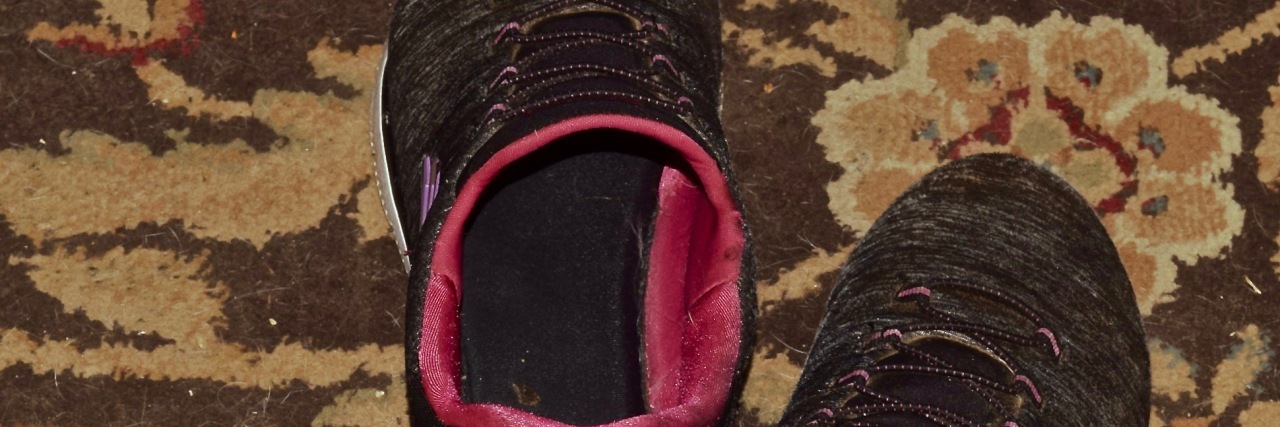Developing Resilience as a Stroke Survivor
When you received difficult news about your stroke recovery, did you “overcome it” or “go to pieces?”
After I had my stroke, I felt like a stranger in my own body and was frustrated with the deficits it left behind such as short-term memory loss, weakness on my right side, and cognitive issues. I went to rehab for almost a year to improve my strength and stamina. It helped a great deal, and I was able to take over the normal activities at home so my husband didn’t have to anymore.
Recently, I started falling to the point where I needed stitches in both legs. I fell five times within a four-month period, so I’m now required to use a walker or cane to remain stabilized on my feet. It bothered me in the beginning because I learned that this sort of issue can occur years later due to lesions on the brain from a CVA. Any other deficits that improved also worsened over time, such as my aphasia and sense of direction. Also, I felt self-conscious about people seeing me as someone who “doesn’t have the need for the equipment.” I felt like screaming every time I got stares, “Don’t judge me. Walk in my shoes and see how you’d handle it.”
Now it doesn’t matter who sees me because I know I can at least “pimp out” the walker with red and green LED lights for Christmas or put “Space for Rent” hanging on either side of my handlebars. Sometimes a sense of humor is warranted to lighten the mood.
There was another period, though, when I felt like I was stuck in a “time warp” of who I once was. The reality was that my life was never going to be the same again, and it broke me. My heart was saddened, and I envied my friends who were able to have careers and/or children because I knew that was out of the cards for me.
It took a visit with a good friend in Florida who suggested I try a variety of challenges. This gave me the confidence to realize that giving up would’ve had me missing out on life and new ventures. I’m forever thankful for all she’s done for me. I realized I needed to break free from my fears and take chances. How else would I have known what I could accomplish if I didn’t?
To be a resilient stroke survivor, try following these helpful suggestions:
- Get connected by reaching out to loved ones or friends for support.
- Make every day meaningful by doing something that gives you a sense of accomplishment.
- Learn from experience by reflecting on how you coped with adversities in the past.
- Remain hopeful by looking towards the future. Accept changes. It will make adaption easier.
- Take care of yourself by tending to your own needs and feelings such as doing activities that you enjoy.
- Be proactive by facing your problems and figuring out what needs to be done, have a plan, and then take action.
Being resilient won’t get rid of the obstacles, but it can offer the ability to see past them, find joy in living, and handle circumstances better.
It reminds me of part of a song lyric written by Gloria Estefan. “There’s so much in life that’s meant for you. Don’t stop before it’s over. Get on your feet!”

